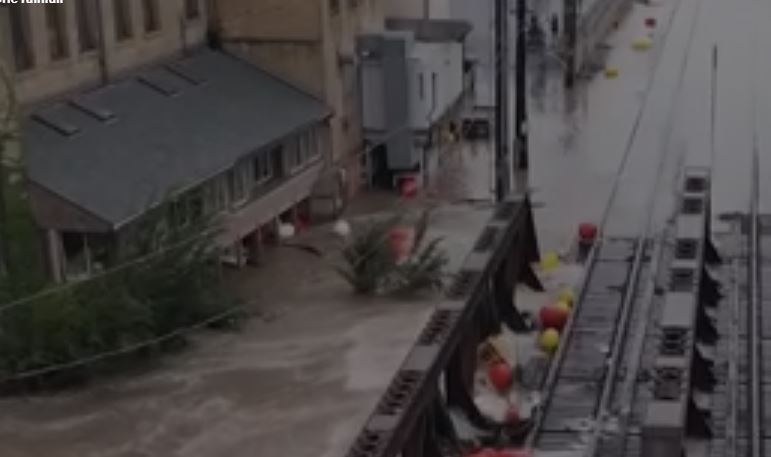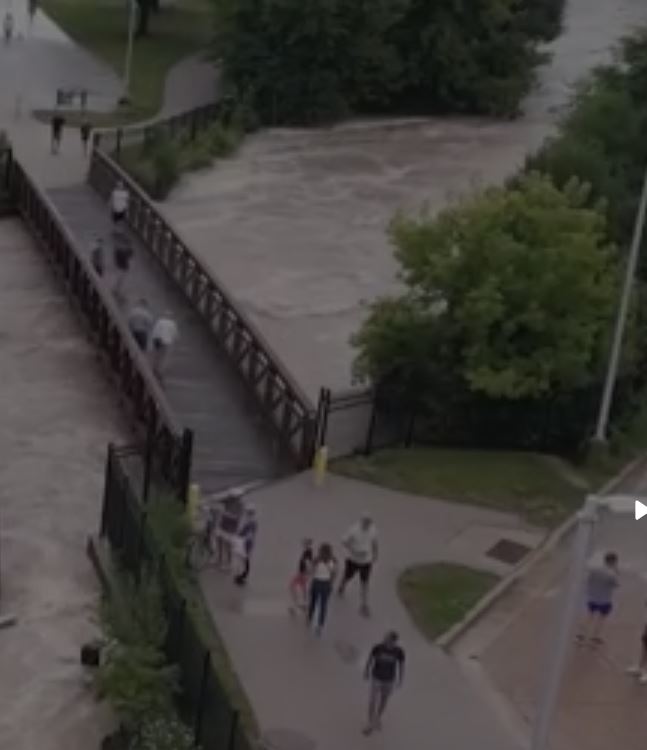
Wisconsin has declared a state of emergency following unprecedented heavy rainfall that triggered severe flooding, infrastructure damage, and widespread disruptions. Governor Tony Evers issued the emergency order after record-breaking downpours overwhelmed rivers, submerged neighborhoods, and forced evacuations across multiple counties.Wisconsin Declares State of Emergency
Unprecedented Rainfall Leads to Crisis

Over a 48-hour period, parts of Wisconsin received more than 12 inches (30 cm) of rain—equivalent to a month’s worth of precipitation in some areas. The sudden deluge caused rapid river surges, flash flooding, and mudslides, particularly impacting Dane, Columbia, and Iowa counties.
Roads collapsed, homes were destroyed, and emergency crews conducted numerous rescues as rising waters trapped residents. Several major highways were shut down, complicating evacuation and relief efforts.Wisconsin Declares State of Emergency
State and Federal Response
Governor Evers activated the National Guard to assist with evacuations, supply distribution, and flood control measures. In a public statement, he warned: “This is a life-threatening situation requiring immediate action to protect our communities.”
The state has also requested federal disaster assistance to support recovery efforts, including infrastructure repairs and financial aid for affected families.
Ongoing Threats and Safety Warnings
Meteorologists warn that additional rainfall could worsen flooding in low-lying regions. Authorities urge residents to:
- Avoid flooded roads and seek higher ground if necessary.
- Prepare emergency kits with food, water, and medical supplies.
- Follow official updates from local agencies.
Economic and Agricultural Impact
Wisconsin’s dairy and farming industries face significant losses, with submerged fields and damaged equipment. Environmental experts also warn of potential water contamination due to sewage overflows.
Community Support and Recovery
Volunteer groups and nonprofits are organizing relief drives, while officials assess long-term solutions to improve flood resilience. Climate scientists emphasize that such extreme weather events are becoming more frequent, calling for updated infrastructure policies.
Conclusion
As Wisconsin battles this disaster, neighboring states also report flood-related emergencies, straining national response resources. Residents are advised to stay informed and prioritize safety as recovery efforts continue.
Follow official government channels for real-time updates and emergency instructions.

[…] the legal authority behind it and its potential impact on political and security stability in the United States.Trump Takes Control of D.C. […]